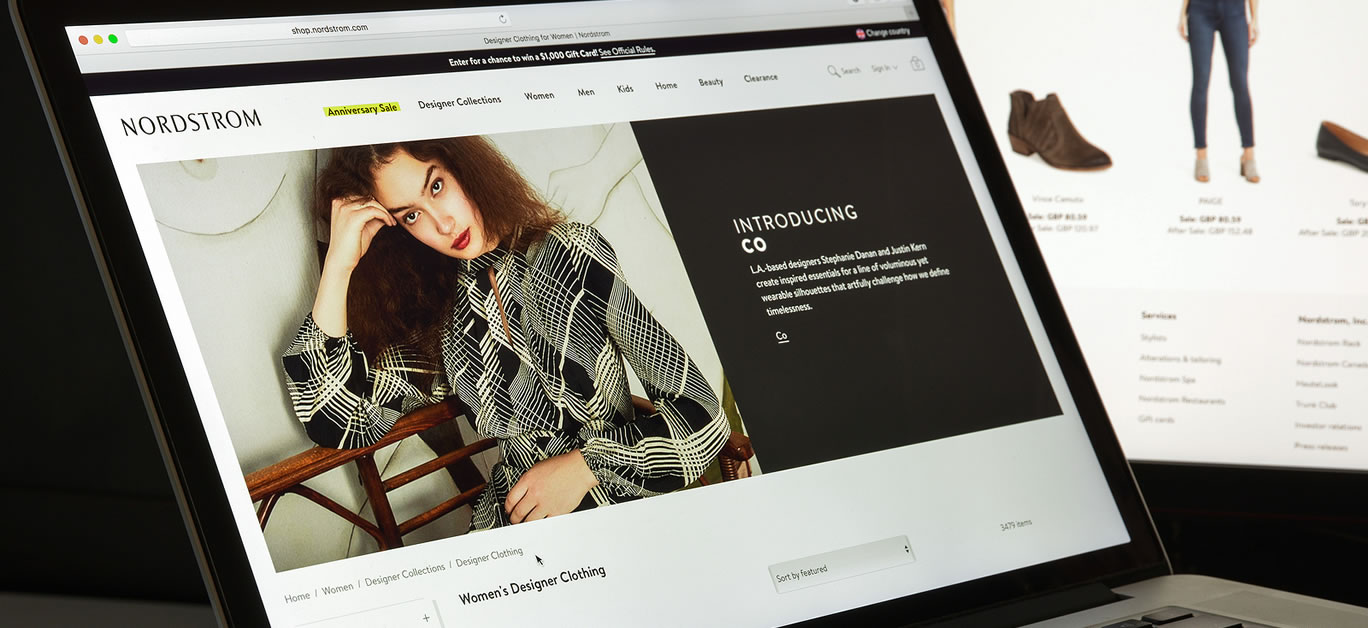Words by Michael Valdsgaard, executive chairman and CEO of London Dynamics.
How can you convince someone to spend thousands of pounds on a single luxury item online, if they have never seen the product in the flesh? That is the problem facing luxury brands and retailers since the Covid-19 pandemic hit.
Premium brands who had deliberately avoided putting significant resource behind their eCommerce offering now find themselves having to react – and quickly – with flagship stores closed and customers forced online.
While the pandemic has brought economic hardship, it is also true to say that there is a significant amount of people with pent-up demand to spend, with holidays, restaurants and large swathes of the entertainment industry forced to close as part of regional and national lockdowns.
Having secured some of the most expensive real estate in cities across the globe, premium brands and retailers are rightly proud of their bricks-and-mortar stores. Here, it is as much about the experience as it is the product – and they have benefitted significantly from tourism and footfall as a result.

Evolving eCommerce
With the Coronavirus accelerating the move online for affluent shoppers, the question is how luxury retailers should improve their eCommerce experience to match the impressive nature of their physical stores.
To understand how consumer expectations of online experience are evolving, London Dynamics commissioned a study of 1,000 affluent shoppers through the research house Norstat, which lays the pathway for online success.
To offer a sense of the opportunity, two-thirds (66%) of high-end shoppers said they are more comfortable making expensive purchases online than before the pandemic, yet 90% said luxury brands and retailers fall behind their high street counterparts for online experience.
Added to this, the poll found almost three quarters (72%) of respondents said the online experience falls behind the ‘prestige’ of their physical stores.

A premium online experience
To ask affluent shoppers to spend significant amounts of money on luxury goods, brands and retailers must replicate the in-store experience as far as possible. It is here that Augmented Reality (AR) has been adopted by leading brands to provide an engaging online experience, showcasing the product in the shoppers’ own space, wherever they are.
AR has the ability to help shoppers make more informed decisions, but it must not come at the price of speed and convenience for the shoppers themselves. Layering on new technology must be as simple as viewing a product video or it would not meet the expectations of this new, luxury shopper. The London Dynamics poll found more than a third (36%) of Millennial shoppers bought luxury goods online for the first time during the pandemic. After all, this is a generation used to a seamless online experience.
Take the example of British luxury watchmaker Bremont. Where previously their products could be viewed in just a 2D dimension, they now have the ability to view in 3D on their website and through your phone, to view products in a real-life setting using AR.
To achieve this, the quality of imagery is obviously hugely important, down to the texture on a leather strap, and reflection in metal.
The Norstat study found 60% of consumers have abandoned the purchase of luxury goods because they cannot see enough of the product to make an informed decision.

Socio-economic changes should drive lasting innovation
As the vaccine drive takes effect and more areas of society are opened up, shoppers will once again flock to luxury stores. But the lasting impact of the pandemic is a willingness to spend more online. Retailers that better blend their online and offline experience through technologies such as Augmented Reality will be those that win the hearts and minds of the modern consumer. These technologies offer brands and retailers the opportunity to be at the cutting edge of online experiences, creating aspiration and inspiration to their shoppers.
As IBM’s Institute for Business Value put it: “To ignore the implications of AR would be akin to ignoring the advent of online shopping.”






















